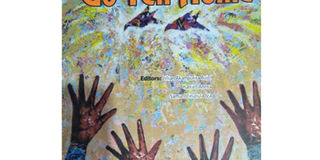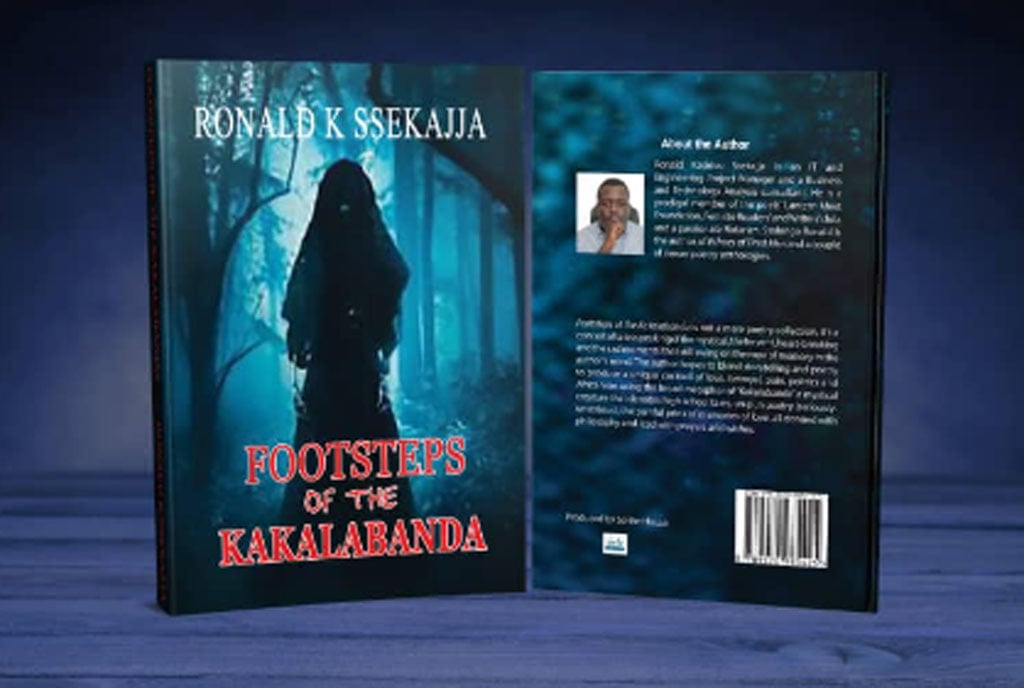Prime
Voices in Go Tell Home

What you need to know:
- Each poem was translated by each poet from their respective mother tongues into English to articulate to a wider world a nation’s differentiated experiences and orientations. These translations also serve to break down any linguistic barriers towards shared meaning amongst the poets themselves and Uganda as a whole.
POETRY
FEMRITE, also known as Uganda Women Writers’ Association, was founded in 1995. It is an Non-Governmental Organisation (NGO) based in Kampala, Uganda, whose programmes focus on developing and publishing women writers in Uganda and—more recently—in the East African region. This time, FEMRITE does it once again by producing an anthology whose poetic range reflects the contrasting brilliance of Uganda’s literary diversity.
In this multilingual literary offering entitled Go Tell Home, we hear indigenous voices from central, northern, southern, eastern and western Uganda.
Each poem was translated by each poet from their respective mother tongues into English to articulate to a wider world a nation’s differentiated experiences and orientations. These translations also serve to break down any linguistic barriers towards shared meaning amongst the poets themselves and Uganda as a whole.
It is exciting how the poets in this book write about politics, nationalism, scenic nature and a variety of other topics in order to give language not merely a functional value, but a metaphysical purpose in expressing the soul and psyche of Uganda.
As a cultural digest, this book exposes the reader to subjects and attitudes rooted in an ethnic multiplicity of different backgrounds through which the poets evolve a monolingual voice from multilingual verse.
By this token, their work reminds us of the idea attributed to novelist Samuel Butler about evolutionary mechanics, that a chicken is just the means available for an egg to make another egg. In this vein, poets are a means to creating understanding out of understanding by playing the creative role of making sense of varied sensibilities.
This said understanding creates a synergy between the various poems in order to give readers a consistent and complete picture of Uganda. Why we sing (Like the Crested Crane) is poem by Akampurira Lillian Aujo translated from Runyankole-Rukiga:
“At dinner tonight
We cut out the crane
and ate the flag;
We carved her heart;
and shared it out.
Then we belched
a sort of tune.
Can’t you hear
how sweet we sing?”
Looking closely at the image of the flag being eaten, we feel that although it is offered as a visual image, it is hard to visualise it being eaten.
That’s because flags are not eaten. However, neither is patriotism. This is where the message is nuanced.
For the persona implies that man cannot live on patriotism alone. There must be more, a sense which attaches our singular affections to something greater than ourselves which in turn sustains us. But then again, when the flag is eaten it is eaten for what’s edible on the flag: the bird, the Crested Crane.
So, suddenly, it seems possible to see one enjoying the image of the bird in tune with a sort of culinary flight of fancy.
It is after we have eaten the bird that we belch the song, For God and My Stomach.
Rashidah Namulondo, who writes several poems in Luganda, fluently penned the poem “Home”:
“When you find home,
Tell her I have waited for her
In between linen sheets,
Four blankets over my head
But the cold still slips in.
Tell her I have been looking for her
In the eyes of strangers
Street babies,
The taxi conductor shouting out his lungs,
‘Mama Ogenda?’
It’s a searchingly poignant piece.
The persona is looking for “home” which is a metaphor for peace, love and a sense of belonging.
Metaphors are a structure of comparison, a likeness.
“Metaphor” in fact means “transfer”: the transferal of some quality or word associated with one thing to another.
It is this transferal that implies the comparison. The two different things are alike in the way that the transferred quality suggests. In this poem, a sense of belonging is transferred to the word “Home”.
Also, while this transfer is made, “home” reveals what home is by showing everything that it is not. All the poems in this anthology are cleverly crafted in this manner to continue from an illuminating Foreword by Professor Timothy Wangusa.
Prof Wangusa, or the Grand Old Man of Ugandan Literature, as some call him, always knows the right words to suit the right moment in order to set the set the stage (in this case, the page) for poetry whose soaring value reveals another sky, as poet Emily Dickinson would say.
His undeniable genius, set forth in a brilliant Foreword, sets the tone for the rest of the anthology quickly. So quickly, you could say his words reach out to you with the speed of grass growing in time-lapse photography. After his opening words have hit you, a poetic sense plugs a huge voltage into the reader, electrifying them with the excellent poetry in this anthology.
Book title
Go Tell Home
Author
FEMRITE
Pages
122
Price
Shs60,000
Where
All Ugandan bookshops.




